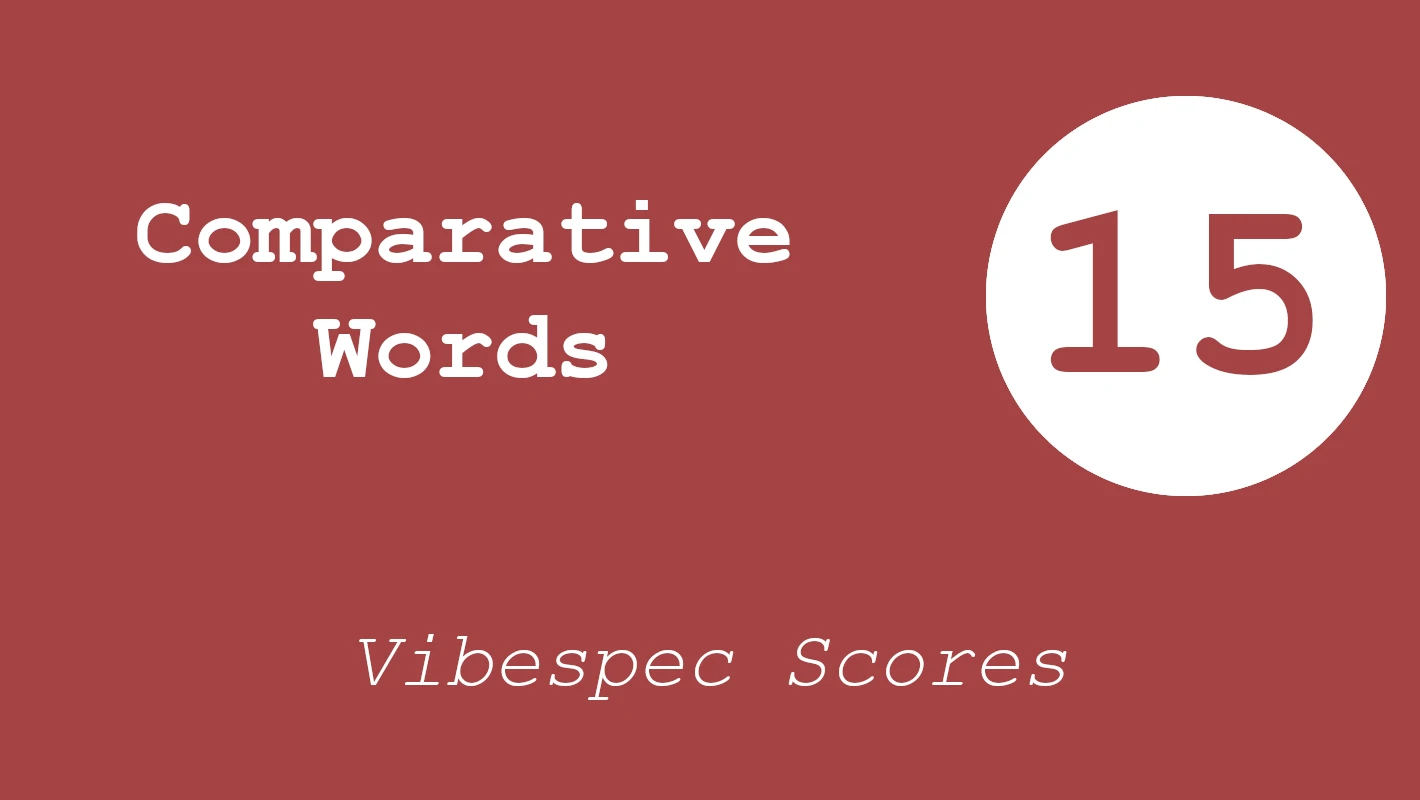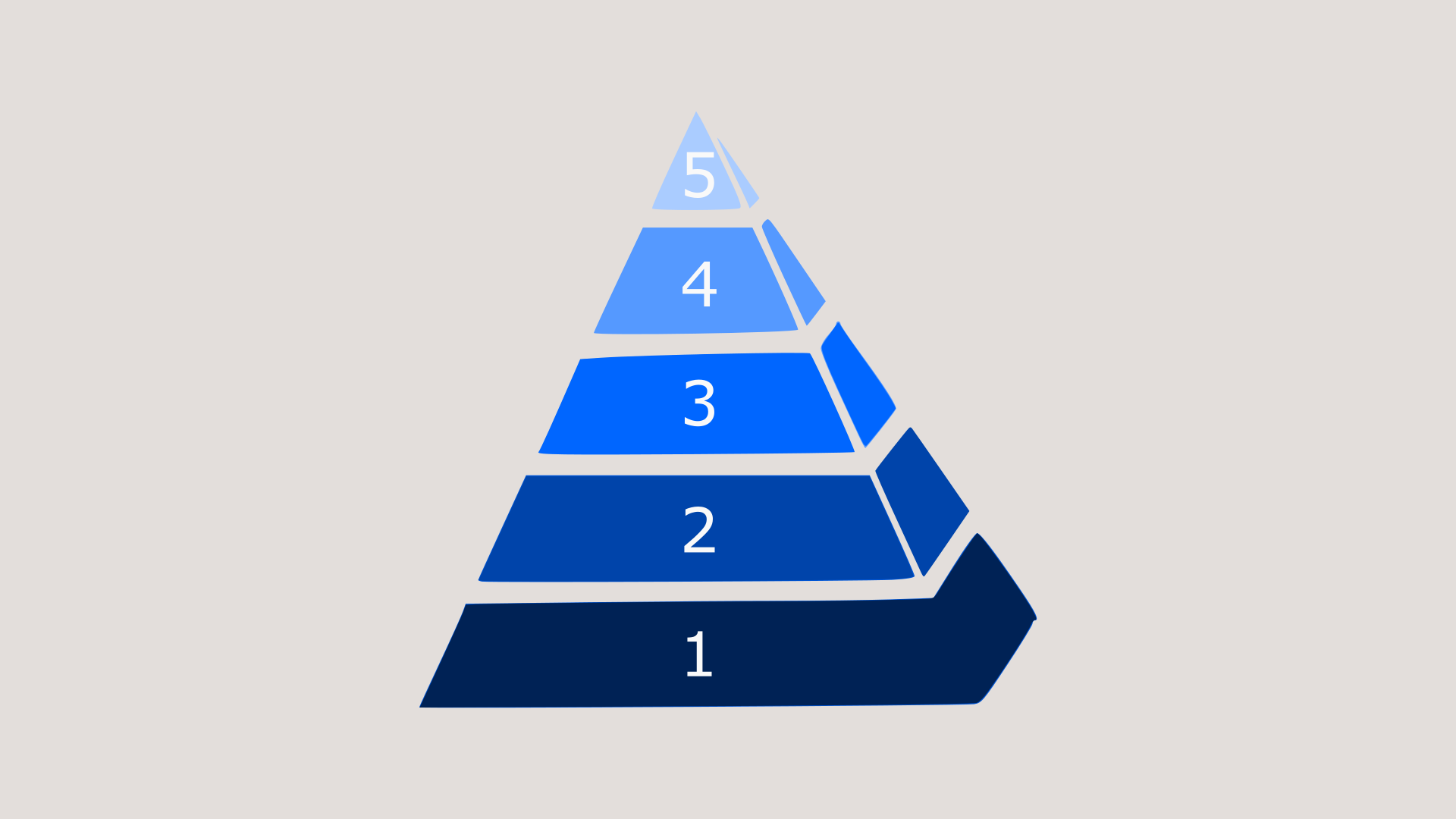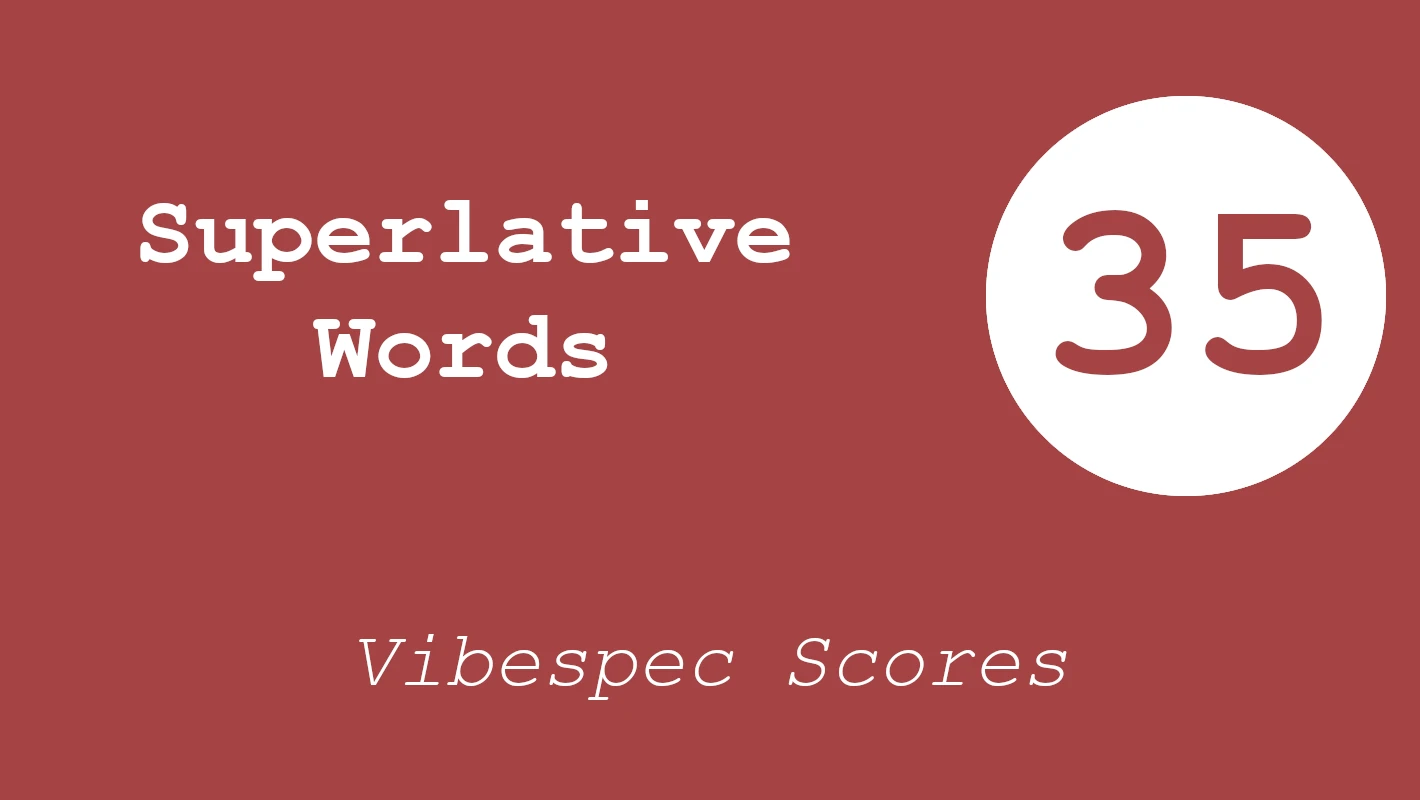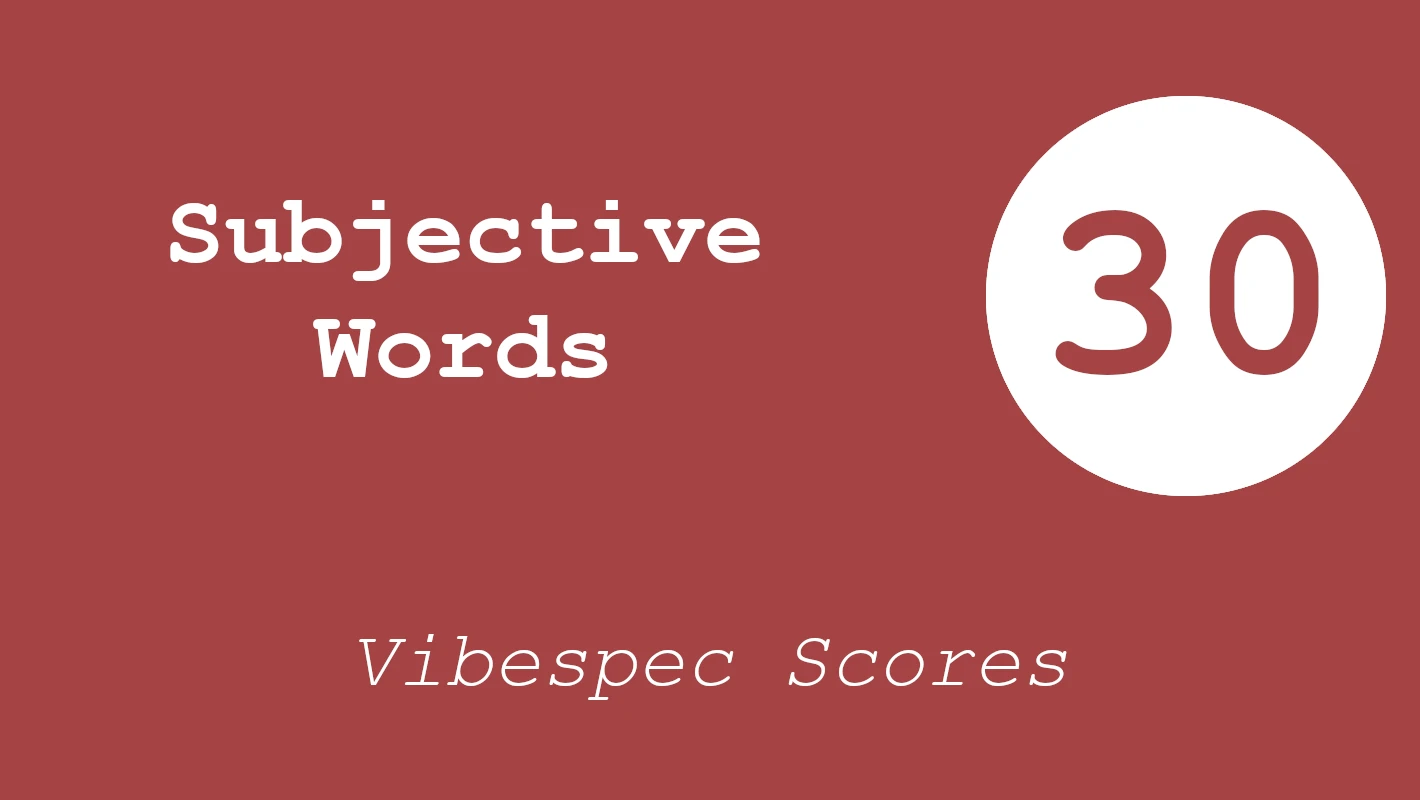
VibeSpec Score 15: Comparative Claims

A score of 15 is given when a requirement boasts about being superior to another product or service. These comparisons may be unfounded and can create unrealistic expectations or marketing liabilities.
Example requirements
- “Our platform must run twice as fast as all competing solutions.”
- Marketing interpretation: A powerful promise that impresses customers.
- Engineer interpretation: Requires extensive benchmarking to prove.
- Fix: “Set a target of processing 100 requests per second under load.”
- “The service should provide better reliability than any competitor.”
- Marketing interpretation: Suggests near-perfect uptime.
- Engineer interpretation: Difficult to measure without industry data.
- Fix: “Aim for 99.9% uptime with automatic failover.”
- “This tool must be more user‑friendly than the leading product.”
- Marketing interpretation: Highlights a simple, welcoming interface.
- Engineer interpretation: Hard to quantify “user-friendly.”
- Fix: “Require a satisfaction score of 90% in usability tests.”
How VibeSpec detects and explains
VibeSpec looks for comparative adjectives and superlative phrases. It then prompts the writer to provide evidence or reword the claim to avoid potential disputes.
Why interpretations differ
Marketing might see such statements as bold promises that attract customers. Engineers, however, may worry that the claims are impossible to measure or prove. VibeSpec highlights this gap so the team can settle on verifiable performance metrics.


